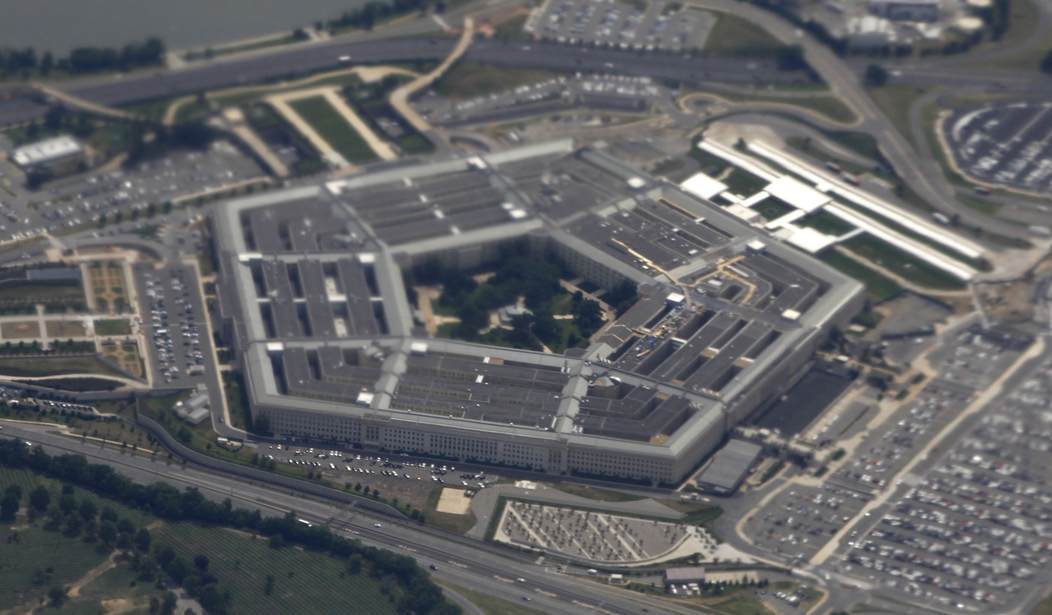For more than a century, the federal government has recognized the importance of competition.
As far back as the 1800s, it enacted the Sherman Act to guard against monopolies. It acted in the 20th century to break up Standard Oil and AT&T. Today, it's opposing the AT&T/TimeWarner merger, and may take steps to prevent T-Mobile from buying Sprint. In every case, the federal government recognized that competition drives down prices and improves service.
Everyone understands that the reason a company attempts to create a monopoly is so it can charge high prices and ignore what the customer wants. We've lived through that for decades, in fact. Cable companies became famous for using their monopoly power and long contracts to deliver lousy service at always-increasing prices. Well, Americans are now happy to "cut the cord." We're getting better service at lower prices from a host of competitors, without the long-term commitment.
So why would the federal government, so alert to the danger of monopoly when it comes to big corporations, want to lock in a monopoly when it comes to something really important, like national defense?
The defense of America is in fact a primary duty of our federal government. Protecting Americans is one of the most clearly bestowed tasks for our leaders to fulfill and every year billions of dollars are spent to do just that. With all those billions at stake back room deals and a lack of transparency have been the status quo. That status quo can be a very dangerous thing.
In recent months, it's looked almost certain that the Department of Defense would cut a deal with Amazon Web Services (AWS) to provide all of the military's cloud computing needs. Earlier this year, a source told Business Insider that the Pentagon was "preparing for a transition to GovCloud," the service that AWS sells to the government. The contract would be exclusive (ending competition from the get-go) and would run as long as 10 years (strangling innovation for at least a decade). How's that for shutting off price and service competition?
Recommended
Under pressure from lawmakers and citizens, the Pentagon is taking its foot off the gas pedal, at least a little bit. It hasn't yet released its final "request for proposals," the document that will spell out exactly what it will demand from cloud computing providers. "It’s important that we don’t rush toward failure," spokesman Dana White told Bloomberg. Still, she admits the Defense Department would prefer to wrap up the bidding by September, and she admits it's still hoping to hand its entire cloud computing portfolio to a single provider.
Wouldn’t putting all our super-secret Defense Department eggs in one basket of clouds be an easy target for our enemies? Competition is always good. Having a backup plan is always a good idea. Trusting one company with all of our cloud computing? Ask Hillary how this can come back to bite you.
No matter how terrifying it sounds to the average citizen with a brain, the DoD still wants to go with a sole provider. Last month, the military released a report claiming that a single provider would be the best way of "rapidly delivering new capabilities" to American troops around the globe. But, again, history shows otherwise. Robust competition among many providers is the best way to deliver new capabilities. A long-term contract is more likely to lock in today's level of technology and service, and prevent the sort of innovation that drives tech forward.
Think of things this way: Would you rather have a 10-year contract with your 1980s era, old fashioned, copper-wire cable monopoly, or a robust competition among Netflix, Amazon, Fios, satellite providers and traditional cable providers? There's not much to think about. That traditional model gives you plenty of channels, but at a high price. The second model gives you the channels you want, at a lower price. And if the service is lousy? Well, in the first case you're stuck waiting for a cable repairman who may never show up; in the second you can move to another provider and get back to enjoying your life.
The Pentagon is smart to slow this process down. The military was, indeed, racing toward a bad outcome, and we cannot afford that. However, lawmakers should also insist that the military change its entire approach. One-size doesn't fit all when it comes to military uniforms, and one-size won't work for cloud computing either. An open process with true competition would deliver the best outcome for our troops. Let's not lock in an outdated, monopoly approach to defending the U.S.

























Join the conversation as a VIP Member